Tariffs get announced, markets react, and news cycles move on. But what happens after that? Where does the disruption actually show up in the real world?
One answer: food waste—on an industrial scale.
Governments like to frame trade restrictions as economic strategy, but tariffs don’t just tweak profit margins. They break supply chains, distort food markets, and force farmers, retailers, and consumers into wasteful decisions that ripple through the global economy.
It’s not just an inconvenience. It’s a crisis. And if businesses don’t rethink how they manage supply chains, it’s going to get worse.
Why Tariffs = More Food in Landfill
Unlike steel or electronics, food doesn’t wait for bureaucracy. It’s perishable. It moves quickly, under strict timelines, and once those timelines are disrupted, waste becomes inevitable.
1. When Trade Slows Down, Fresh Food Rots
Most people don’t realise how precisely food supply chains are timed. A crate of tomatoes grown in Mexico can be picked, packed, shipped, and sold in a London supermarket in under 72 hours. A tariff, however, turns that into a week-long delay—or worse, stops the shipment entirely.
- Customs processing slows down.
- Inspections increase.
- Transport routes shift or get blocked.
And fresh food doesn’t survive those kinds of delays. During the 2018 U.S.-China trade war, American soybean farmers watched helplessly as millions of tonnes of soybeans sat in storage, waiting for buyers that never came. Eventually, much of it spoiled and was discarded. The same thing happened with U.S. apple growers: after China imposed retaliatory tariffs, 150 million apples were simply left to rot. The market for them was gone (Barron’s). Now, with new tariffs on Canadian and Mexican imports, expect to see similar situations—this time with fresh produce that expires even faster.
2. Supermarkets Panic-Buy, Creating Their Own Waste
When supply chains become unpredictable, supermarkets do what any business would: they hedge their bets by over-ordering.If a retailer hears that tomato imports might slow down, they’ll buy as much as possible before the price jumps further. But then the shipments come in all at once—and instead of a shortage, they’ve got a glut. The result? More food wasted at the distribution centre and store level because they can’t sell it fast enough. It’s already a problem. UK supermarkets waste 300,000 tonnes of perfectly edible food every year (WRAP). Add the volatility of a trade war, and that number is going to soar.
3. Farmers Can’t Afford to Harvest Food They Can’t Sell
For farmers, tariffs don’t just mean lost sales. They mean impossible decisions. If demand for their product collapses overnight due to an import ban, they can’t just hold onto their crops until the market stabilises. With fresh produce, once the season passes, it’s gone.
- When China imposed tariffs on U.S. dairy, Wisconsin farmers dumped 100 million gallons of milk—not because it wasn’t needed, but because the infrastructure to store it didn’t exist.
- When Russia banned EU food imports in 2014, European farmers were left with 400,000 tonnes of unsellable produce—most of which was destroyed.
- California almond growers have, in some seasons, been forced to let trees die rather than harvest at a loss.
We’re already seeing early warning signs that this could happen again in Canada and Mexico, where farmers who rely on U.S. buyers are now reassessing whether it’s even worth harvesting some crops at all (New York Post).
4. The Environmental Cost is Enormous
When people hear “food waste”, they think of lost meals and rising prices. But the damage goes far beyond economics. Food waste is one of the worst environmental problems we face.
- If food waste were a country, it would be the third-largest emitter of greenhouse gases in the world, behind only the U.S. and China.
- Every wasted crop represents wasted land, fuel, water, and fertiliser—resources used to produce food that never gets eaten.
- When food decomposes in landfill, it releases methane, a greenhouse gas 80 times more potent than CO₂ in the short term.
This is why tariffs matter, even if you don’t work in trade. Every time a food supply chain gets broken by a policy change, we aren’t just wasting money—we’re accelerating climate damage for no good reason.
"We talk about trade wars as if they only exist in spreadsheets and policy papers, but the reality is far more visceral. These tariffs don’t just shift economic power—they send millions of tonnes of food straight into landfill. And that’s a failure of planning, not production."
— Peter Evans, CEO, Orderly
How Businesses Can Avoid Being Part of the Problem
Trade wars aren’t going away. But supply chains don’t have to be fragile. Businesses that adapt now will be the ones who stay profitable while everyone else scrambles to adjust.
At Orderly, we believe the answer lies in better intelligence, faster decision-making, and real-time adaptability.
1. Stop Over-Ordering—Use AI to Forecast Demand Accurately. Instead of panic-buying, retailers need AI-powered supply chain forecasting that adjusts for tariff volatility in real time. By predicting which imports will slow down and when, businesses can buy smarter—not just buy more.
2. Stop Wasting Surplus—Redirect It Efficiently. Supermarkets throw away millions of tonnes of food every year because it doesn’t fit their commercial model. But technology now makes it possible to automatically redirect surplus to secondary markets or food banks before it expires. If tariffs create temporary oversupply in one region, those goods shouldn’t go to landfill—they should go where they’re needed.
3. Stop Relying on a Single Supply Chain - Diversify Sourcing. Tariffs expose one of the biggest weaknesses in global trade: over-reliance on single suppliers and regions.
The smartest companies are actively de-risking their supply chains, using AI to identify alternative suppliers before disruptions hit. The ones who don’t? They’ll be playing catch-up while their competitors move ahead.
Final Thought: Tariffs Are a Choice. So Is Food Waste.
Trade policy isn’t an act of nature. Tariffs don’t just “happen.” They’re decisions—decisions that could be made differently if food waste were part of the conversation. Right now, it isn’t. But businesses don’t have to wait for governments to fix the problem. They can be ahead of it. They can build smarter, faster, more adaptive supply chains that prevent food waste before it happens. The question is whether they will.
Sources:
- Barron’s: Trade War & Inflation Impact
- New York Post: Canada & Mexico Retaliation
- WRAP: UK Food Waste Report
- The Times: Trump’s Tariffs & UK Trade Impact


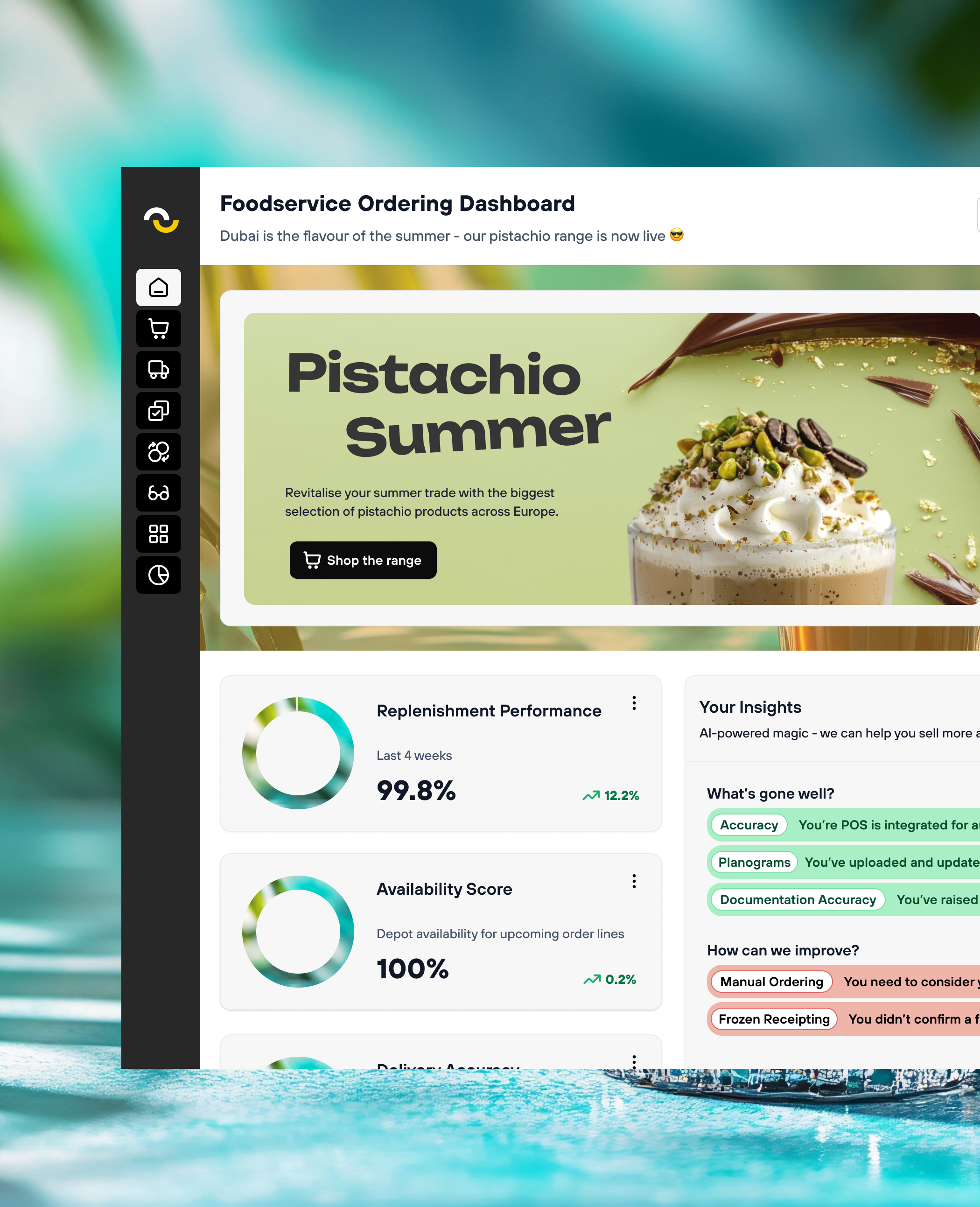

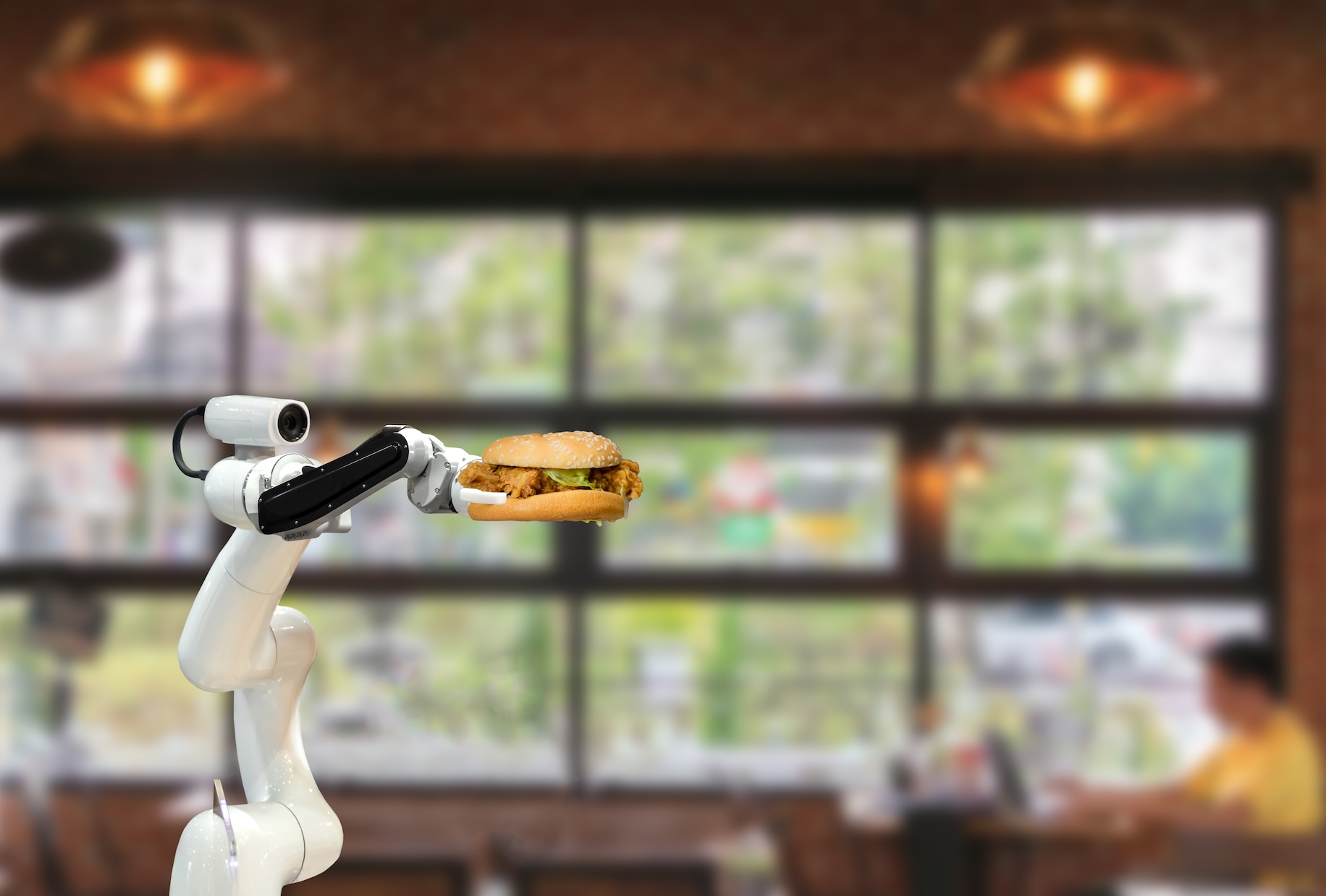
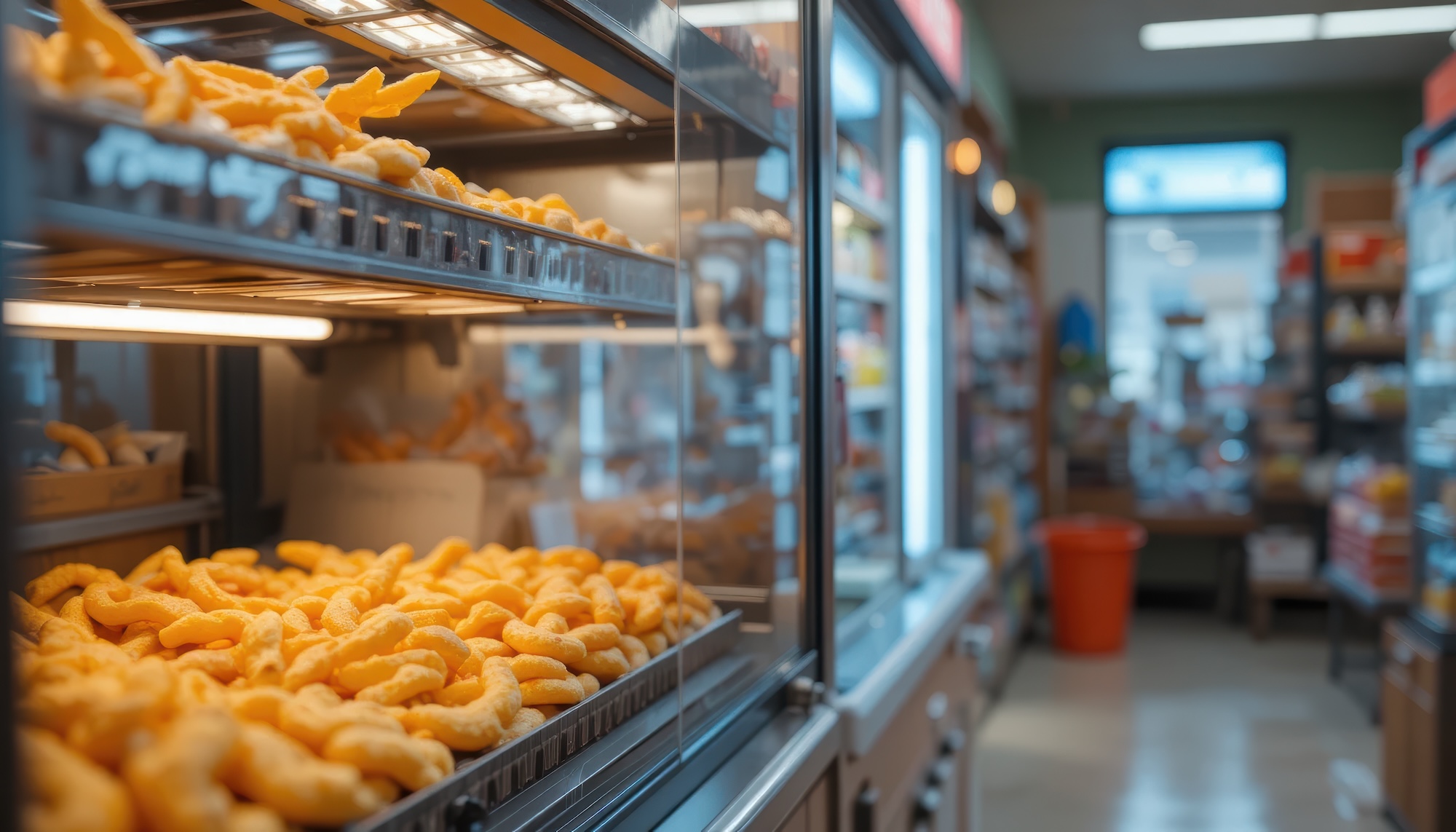

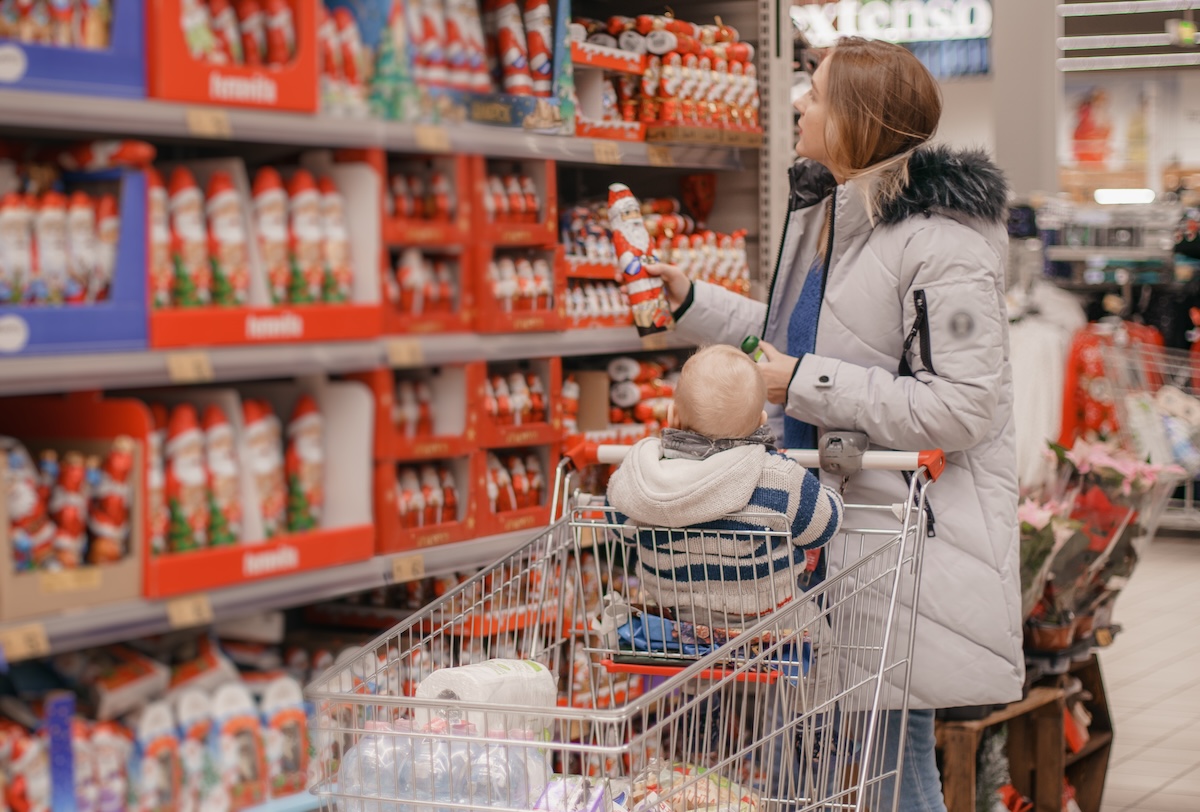
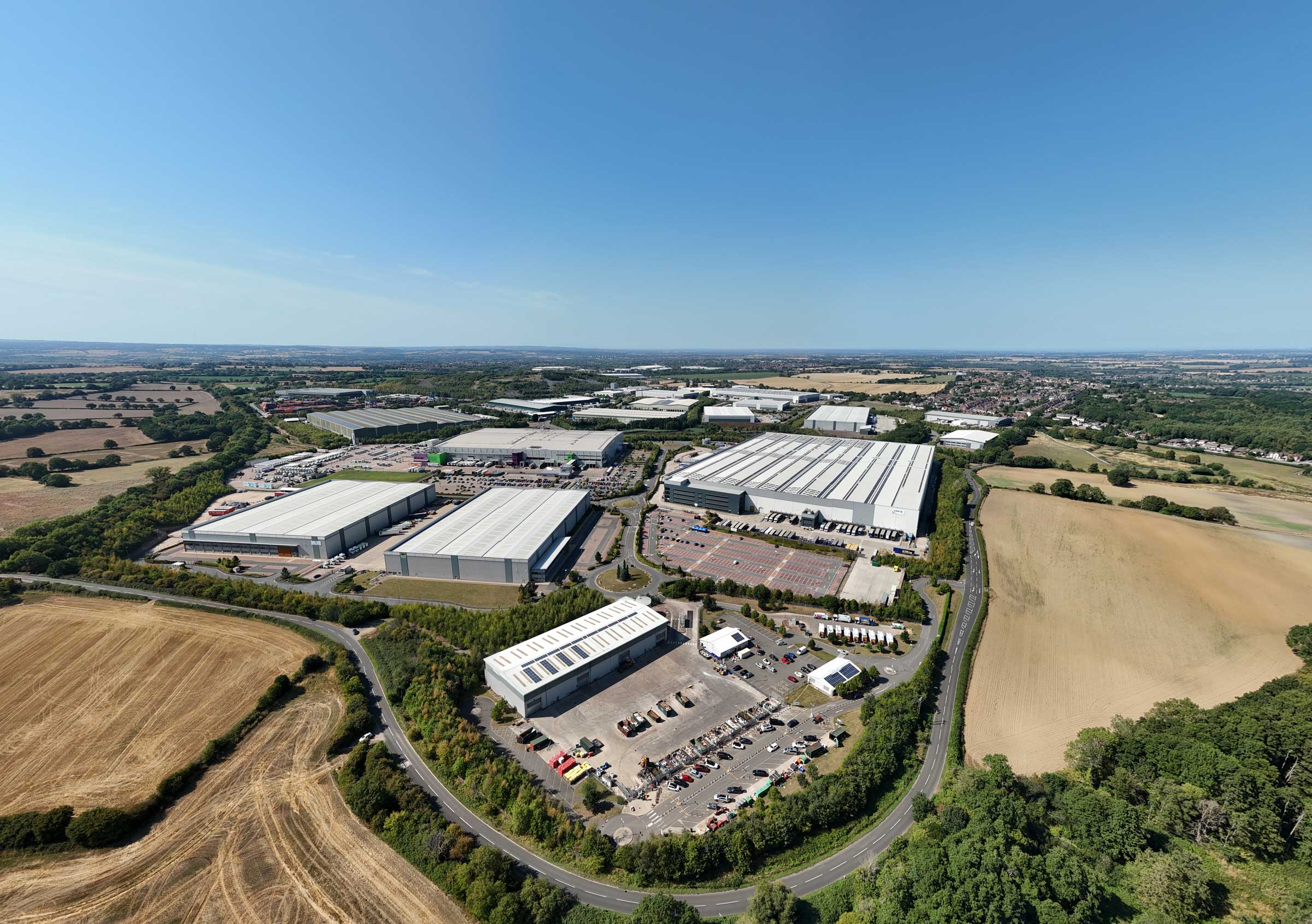

.svg)

.svg)
.svg)